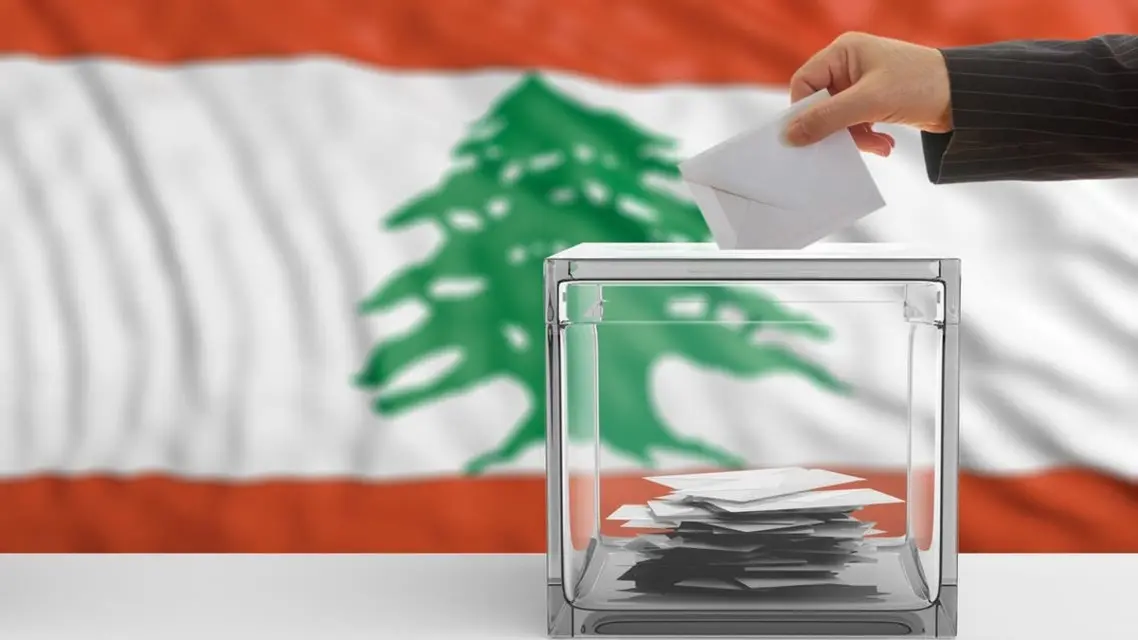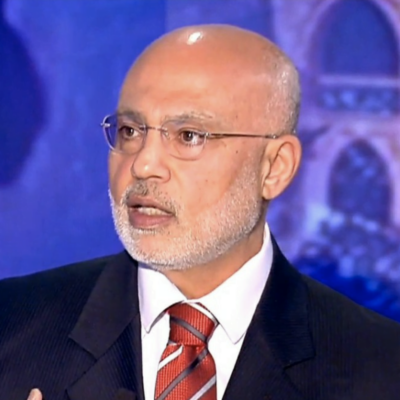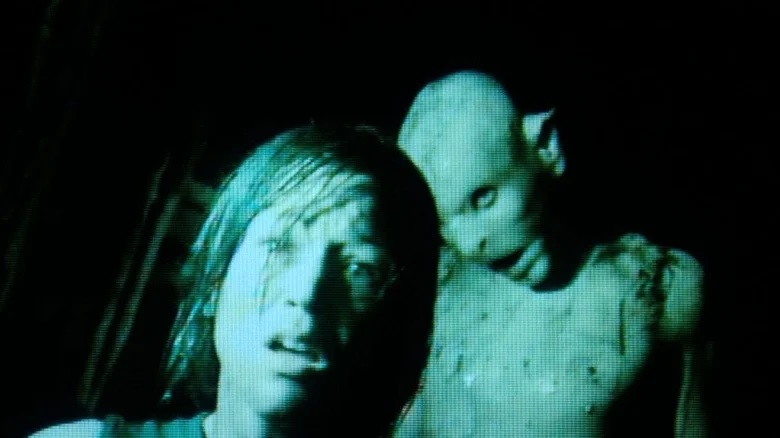
The Lebanese elections are scheduled to be held in a few hours; hopes are very high, but I think it will prove to be another waste of resources. As it has been in the past editions.
By Mohammad Ibrahim Fheili
If "Hezbollah" loses the majority it now enjoys in the "House of Representatives,” its leader, Hassan Nasrallah, will tell the Lebanese that the country is not subject to the rule of the majority. Because it is a "consensual democracy."
If Nasrallah maintains the parliamentary majority, he will continue to control the government regardless of the opinions of the minority. We have taken the worst form of democracy and applied it to Lebanon’s political landscape.
We reap what we plant.
Lebanese voters do not invest the extra time and effort to determine their electoral choices independently, as influenced by factors such as “the tribe,” the neighbourhood, and the community. Instead, they bet on who they expect to win and take sides with them before the elections to benefit from their services or the services of their offspring after the polls.
The political inheritance system is old in Lebanon, and it does not treat candidates as individuals but as clan members.
Many observers assumed that the parliamentary election would be canceled for a long time. Because before the last elections in 2018, Parliament had postponed the polls for years. Therefore, the fact that elections are still taking place is essential and is seen as a critical test of the democratic process in Lebanon.
It is no longer if, what or when; everyone became convinced that the elections would inevitably take place, which gave candidates no choice but to push the wheels of their electoral machines to the maximum to win the frantic electoral race. A race intensifies by the hour in light of the high-pitched political speech, which is feared to generate a series of skirmishes between the candidates’ supporters.
Lebanese voters, in this election, are biting more than they can swallow. Candidates come from diverse political movements and parties. Some maintain their affiliation and support to the traditional (corrupt and incompetent) political class; others claim to be independent, and those ready to claim fame are the advocates of change!
Many hope elections in 2022 will bring Lebanon political change, which will help the country weather the economic and political crisis. Independent opponents hope to break the traditional political elites' monopoly on power to bring about the desired change.
On May 15, a new parliament will be elected in Lebanon. These are the first elections since the October 2019 protests and the August 4th massive explosion in the port of Beirut that reduced parts of the city to rubble and claimed hundreds of lives.
Indeed, Lebanon's political elite drive the country into its worst economic slump in decades. The government is going through a devastating financial crisis due to mismanagement and corruption: the currency has lost 90 percent of its value. It leads to hyperinflation and shortages of fuel, medicine, and other essential goods and services.
Electricity is hardly available, and the mobile phone network and the Internet are in danger of collapsing. Moreover, Lebanon relies much on imports of fuel, wheat, and other essentials, and the hunger crisis threatens food security in the country with no signs of slowing down the war on Ukraine.
The Parliament is home to 128 representatives. All of the country's traditional parties compete with their well-known leaders, including the Free Patriotic Movement, the Amal Movement, the Shiite Hezbollah, the Lebanese Forces, the Kataeb Party, and the Druze Progressive Socialist Party.
However, the difference in these elections is the absence of Saad Hariri after his announcement of leaving political life; This is reflected in the lack of his “Future party” from the polls, with many speculations as to who will be the next Prime Minister.
Images of the young and new candidates can be seen on large posters and billboards across the country, but there is no real spirit of optimism among the people; They are tired, and the crisis exhausted them. Lebanon is at the bottom of Abraham Maslow’s Hierarchy of Needs.
A contributing factor to the lack of optimism is that since the protests in October 2019, the opposition forces have been divided, and they have not been able to form joint lists.





